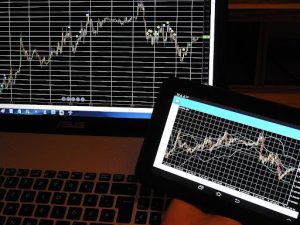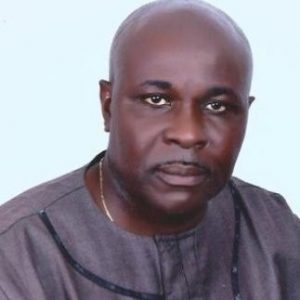11 years after Fukushima nuclear disaster, residents return to their village

Kazunori Iwayama, a former resident of Katsurao village, which lies about 40 kilometers (24 miles) from the Fukushima Daiichi plant said, “It feels like we finally reached the start line and can focus on bringing things back to normal.”On March 11, 2011, a 9.0 magnitude earthquake struck off the country’s coast, triggering a tsunami that caused a nuclear meltdown at the power plant and a major release of radioactive material. It was the world’s worst nuclear disaster since Chernobyl in 1986.As of March 2020, only 2.4% of Fukushima prefecture remained off-limits to residents, with even parts of that area accessible for short visits, according to Japan’s Ministry of Environment.But there remains more work to be done. The Katsurao village official said about 337 square kilometers of land in seven Fukushima municipalities are deemed “difficult-to-return” zones. Of those, just 27 square kilometers in six of the same municipalities are specified reconstruction zones.”This means that more work is needed and other families are waiting for the areas they used to live in to be decontaminated and restored to normal,” he said. Later this month, restrictions are expected to be partially lifted on Futaba and neighboring Okuma — towns home to the Fukushima Daiichi nuclear power plant — and a similar easing is scheduled in a further three municipalities in 2023, the official said. He added that a timeline for areas outside the reconstruction bases has not been decided.”This is one milestone,” Hiroshi Shinoki, the mayor of Katsurao village, told reporters on Sunday. “It is our duty to try and bring things back as much as we can to how they were 11 years ago.”Shinoki said that he wanted to revitalize local agriculture — a key industry in the area — to entice residents back. In recent years, countries have gradually eased import bans on produce from Fukushima prefecture. In February, Taiwan lifted its ban on food from Fukushima and four other areas. “It feels like people have forgotten about Fukushima — but we’re still recovering,” said resident Iwayama. “Our rice, fruits and vegetables are normal…we’d like people to know this produce is safe,” he said.







